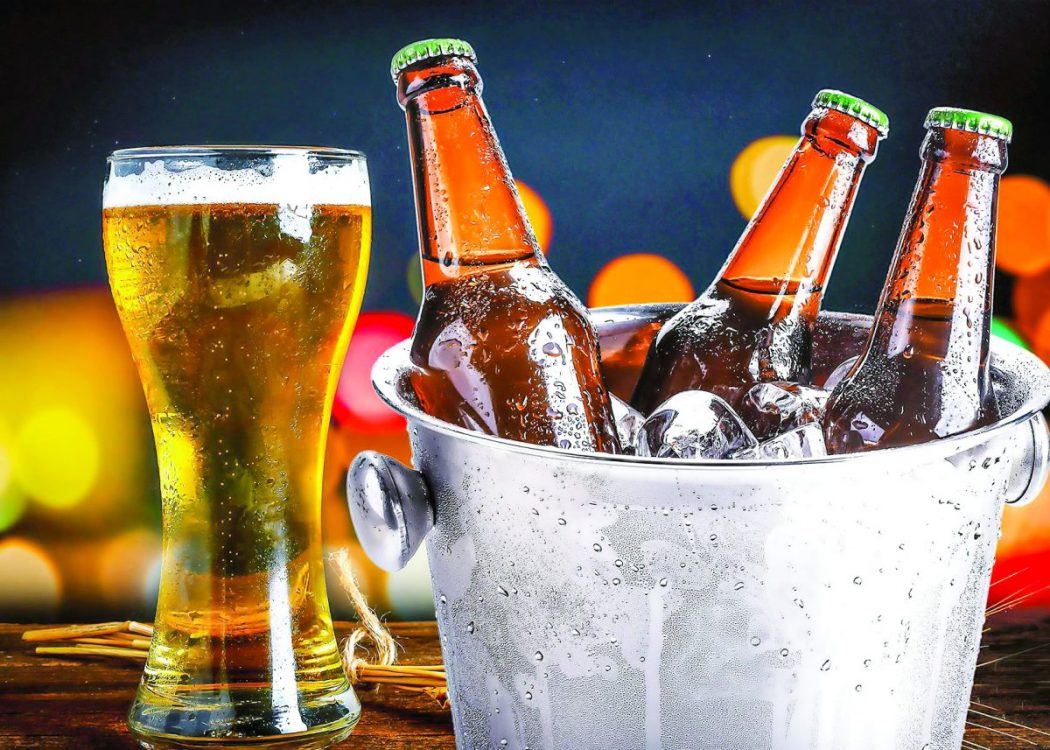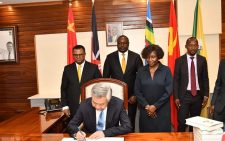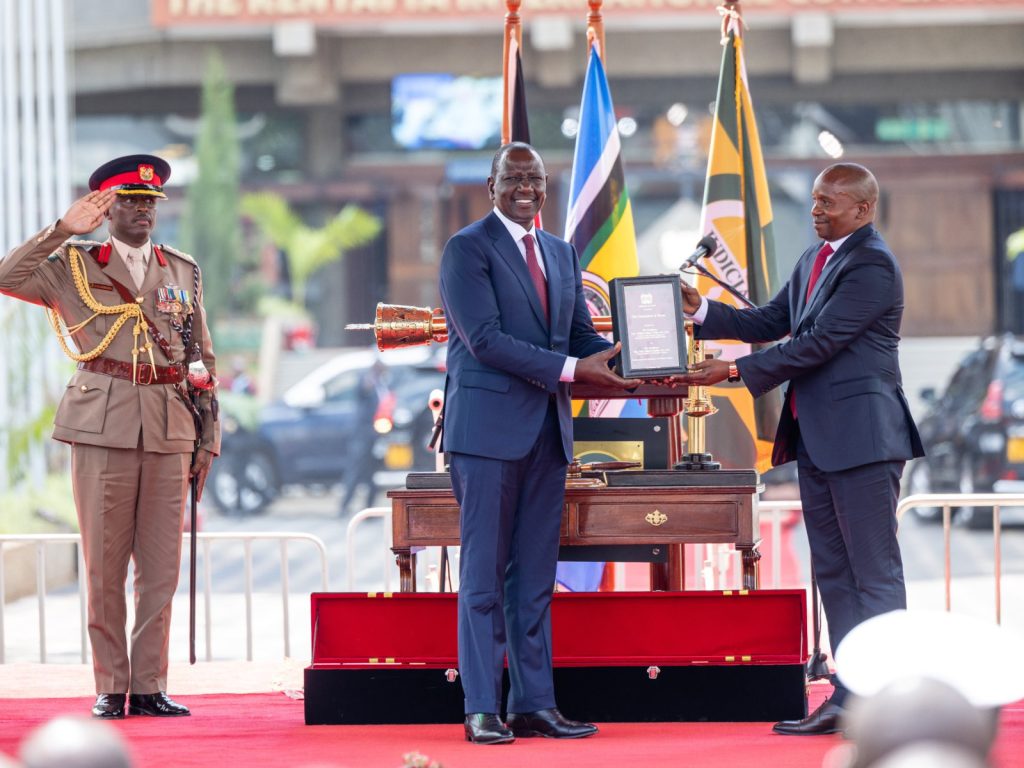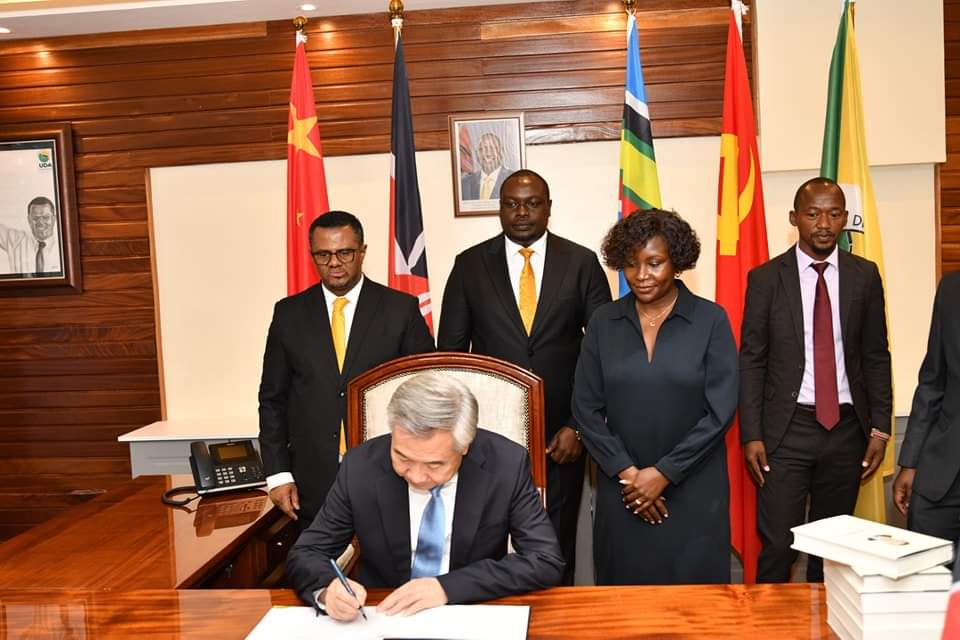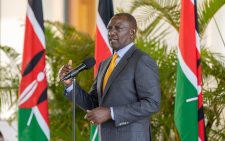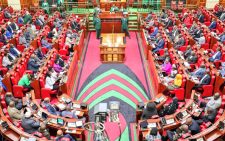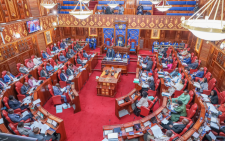Kenya is preparing to make a recommendation to the East African Community (EAC) to set a minimum excise duty rate on alcoholic beverages in a regional tax harmonisation drive backed by the International Monetary Fund (IMF).
Kenya’s proposal is to have the region operate with a minimum excise duty rate of between $6 (Sh912) and Sh1,520 ($10) per litre of 100 per cent alcohol.
EAC will debate and agree on the options, but IMF, which is influential in shaping Kenya’s fiscal policies, has recommended a midway rate of Sh1,216 ($8) per litre of 100 per cent alcohol.
This leaves beer with an average 5 per cent alcoholic content attracting a minimum excise duty of Sh60.8 ($0.4) per litre and Sh145.9 per litre for wine with an average 12 per cent alcoholic composition.
Spirits with any alcoholic content above 40 per cent will have a minimum excise rate of Sh486.4 ($3.2) per litre.
“EAC member states to finalise on harmonisation of excise taxation of alcoholic beverages across the partner states,” KRA says in its plan to redesign the excise tax system in Kenya. “Key guiding principles [are] a gradual approach to harmonisation [and] a sufficiently flexible approach leaving partner states some room to set tax rates (subject to the agreed minimum rates),” adds the authority.
The policy recommendation by KRA is in the advanced stage with the backing of the National Treasury and has drawn interest from scholars within the Africa Economic Research Consortium (AERC).
The application, which must be approved by the EAC Council of Ministers, is a twin solution to counter the cross-border illicit trade of alcoholic products while also helping the Kenya Revenue Authority (KRA) collect more revenues.
Kenya currently has higher tax rates on beer, wine, and spirits, leading to elevated prices of the final product compared to neighbouring countries like Uganda and Tanzania, a loophole that has caused a high inflow of cheap, illicit products.
Health risks
Despite posing health risks, this has left KRA losing billions of shillings in taxes despite concerted efforts by a multi-agency team, comprising the Kenya Bureau of Standards (Kebs) and other government security agencies, to seal the porous borders. “Tax differentials between Kenya and other EAC Partner States provide incentives for cross-border illicit trade/smuggling and confusion in production and distribution strategy,” says KRA.
In Uganda, for instance, the locally manufactured spirit has an excise duty rate of Sh48 per litre, way lower than Kenya’s Sh356 per litre or Sh486.4 ($3.2) per litre recommended by KRA for the EAC region. In Tanzania, the duty is Sh190 per litre, and Sh7.4 per litre in Burundi.However, back home, sector players have rejected the proposals to have the rate pegged on the alcoholic content. They argue it will cripple the sector due to the knock-on effect on spirit pricing, which has the highest alcoholic content.
“This creates market distortion [on spirits] that is encouraging contraband from Uganda and Tanzania,” says the Alcoholic Beverages Association of Kenya (ABAK). Kenya is estimated to be losing an average of Sh71 billion in taxes annually due to the sale of illicit alcohol in the country, according to a recent report by Euromonitor Consulting. Last June, EAC directed its member states to consult internally on a proposed excise rate for alcoholic beverages to enable simplicity and predictability in the region. KRA has not issued a timeline for submission of the regional excise duty proposal.
However, in its draft Medium-Term Revenue Strategy (MTRS) 2023, the National Treasury indicated it will take into consideration the EAC harmonisation push when reviewing the excise duty on alcoholics from the 2024/25 budget cycle, which starts in July 2024.

